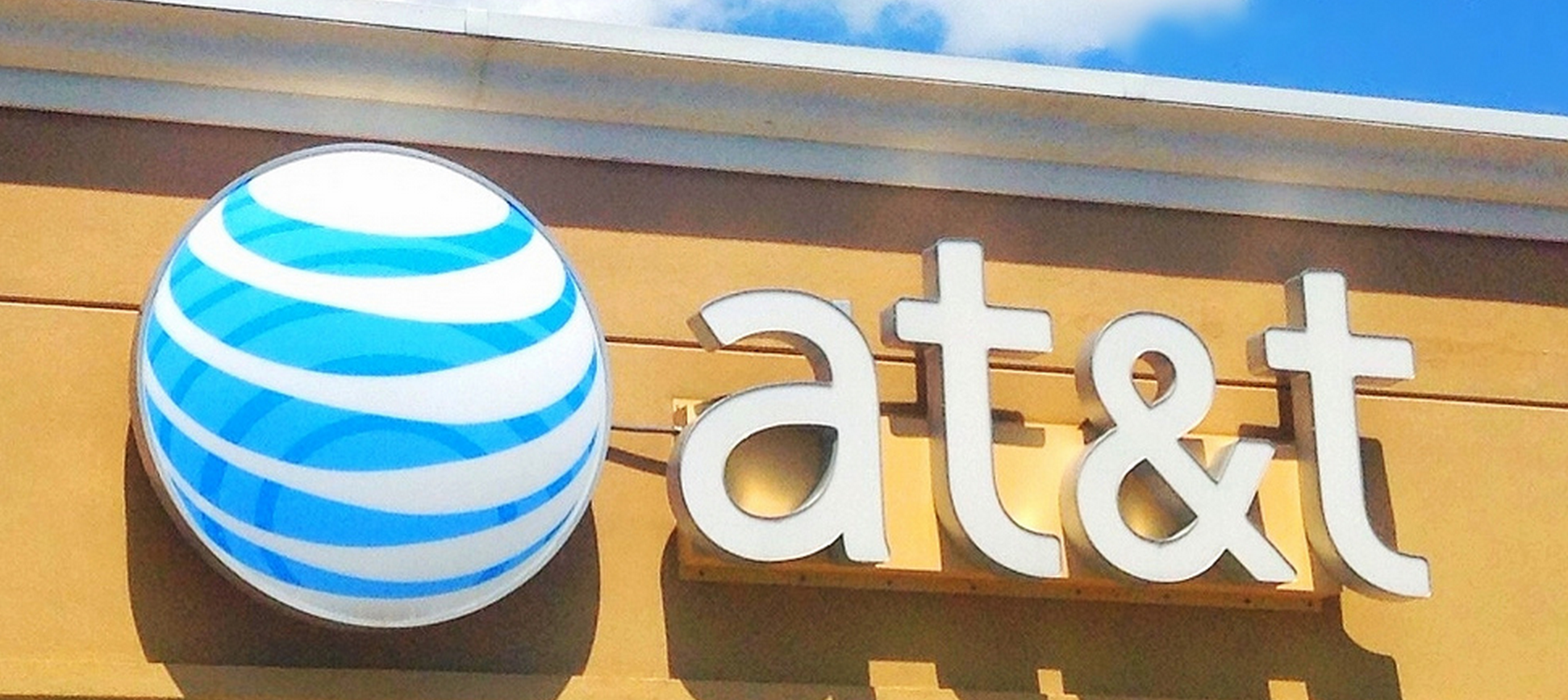Data is a precious resource for mobile consumers and the wireless companies that serve them. The two are always in a trade-off: data caps, overage pricing, unlimited plans, zero-rating… there are loads of different iterations (and shenanigans) in that sphere. And now, reports indicate AT&T might be trying out a new one. [More]
data

Study: Consumers Give Up Data In Exchange For Discounts Because They Figure It’s All Out There Anyway
You’re shopping at a store you’ve never been to before. They offer to sign you up for a loyalty card. You know it’s going to create endless postal and electronic spam for you if you accept, but they’ll give you 40% off of this order if you do. So you take the card. The store thinks they just bought your info with a discount. Are they right? [More]

4 Million Federal Employees Are The Latest Victims Of A Massive Data Breach
There are millions of federal employees in the country, and not just in Washington, DC. The government is a big bureaucracy and a big employer — and that makes it a nice, juicy target for a big data breach. [More]

Verizon Knows More About What You Watch On FiOS Than You Do
Verizon isn’t a cable company. Its FiOS product doesn’t spring from decades of guaranteed local monopolies, which means most FiOS customers can, if they get annoyed enough, jump ship to a competitor. But you leaving is bad news for Verizon. They want to keep their subscribers. And they have an enormous mountain of highly personalized data on hand to try to do it with. [More]
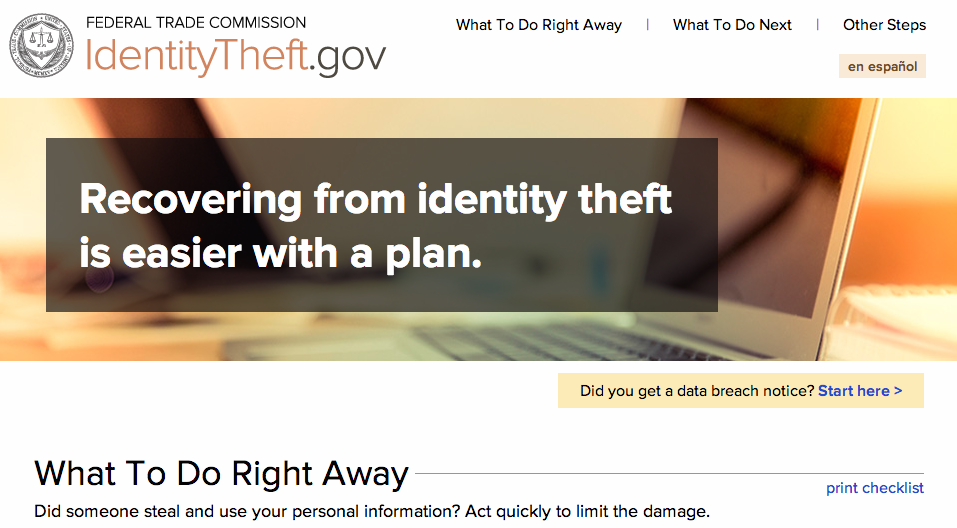
FTC Rolls Out Interactive Resource For Victims Of Identity Theft
With seemingly daily reports of new data breaches and related scams, it’s no secret that identity theft is now more of a concern than ever. In an effort to help victims work their way through the process of restoring and protecting their identities, the Federal Trade Commission has launched a new online interactive tool. [More]

Verizon/AOL Merger: Good For Their Business, Bad For Your Privacy
Every day, the great amorphous mass of consumers creates millions upon millions of trackable, quantifiable pieces of data. Every purchase at every store. Every click on every website, every bit of geotagged data, every installed or opened app and every interaction on social media. All of it adds up together into one giant Mount Everest of data to be sliced, diced, bought, sold, and traded. [More]

Well, Someone Bid $15 Million For What’s Left Of RadioShack
The controversial sale of RadioShack’s intellectual property continues: an attorney who represents the chain’s network of franchisees and dealers says that the current high bidder is the most logical buyer for the name and intellectual property: the same affiliate of hedge fund Standard General that purchased fewer than half of RadioShack’s stores and is running them in partnership with mobile carrier Sprint. Update: The final bid was $26.2 million. [More]
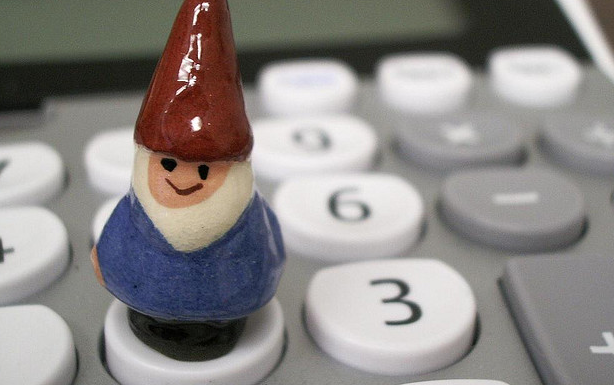
Nearly 70 Million Americans Had Their Personal Information Compromised In 2014
Given the sheer number of high-profile data breaches in recent years, and the varying levels of personal information stolen, it can be difficult to quantify how many American consumers were affected. A new survey tries to answer the questions of how many people have had their info stolen (a lot) and what consumers are doing to protect themselves (not much). [More]

Big Credit Card Data Breach Hits Bars And Restaurants Using Harbortouch Point-of-Sale Systems
In much of the country, this is the first truly warm week of the year. The change of seasons has us turning to shorts, dresses, sandals, and chilled fruity drinks served in rooftop bars. But data breaches, alas, are always in style, and buying that beverage may land you with a stolen credit card number. [More]

Congress Has One Month Left To Change Or Renew Controversial Bulk Phone Data Surveillance Program
It’s been two years since we found out that the NSA has been quietly scooping up basically everyone’s phone records, willy-nilly, without warrants. The revelations of widespread surveillance freaked plenty of people out, but under existing law, the agency has acted legally. To get change, then, you’d need to change the law… and Congress has 33 days remaining in which to do exactly that. [More]

Digital Privacy And Parental Rights Act Would Put Restrictions On The Use Of Student Data Online
Students are more dependent than ever on technology and the Internet for their education, but those same apps and online learning tools that help educate them could be putting their personal information at risk if shared improperly. Nearly a month after it was first expected, a pair of U.S. representatives have introduced a bill aiming to restrict third-party use of students’ sensitive personal data. [More]

Supreme Court To Decide If You Can Sue When Data Aggregators Are Wrong
There’s a true 21st-century case a-brewing at the Supreme Court, one of those unsexy legal questions with enormous potential repercussions. At heart of the matter is personal data. There’s an insane amount of it out there, on each and every one of us, and it’s all for trade, barter, and sale. But that doesn’t mean it’s all correct or true. So if some website or service goes around saying you’re someone you’re not, do you have the right to sue?
[More]

RadioShack Bankruptcy Trustee Wants Customer Mailing Lists Removed From Auction
Bankrupt RadioShack doesn’t have a lot of assets left that anyone might want, but one very marketable asset is its mailing lists. Specifically, 65 million names and addresses and 13 million e-mail addresses. In March, RadioShack said that it wouldn’t be selling that information…yet. Now that it’s time to sell off the former company’s intellectual property, all of that contact inforamtion is potentially for sale again. [More]

The Other Danger Of Online Payday Loans: Identity Theft
Many people who seek online payday loans are already in a very vulnerable position when they take on the added risk of the excessive interest rates and often exorbitant fees associated with these short-term loans. But there’s another danger possibly lurking in the payday shadows: Having all their personal and financial data end up in the hands of cyber criminals. [More]
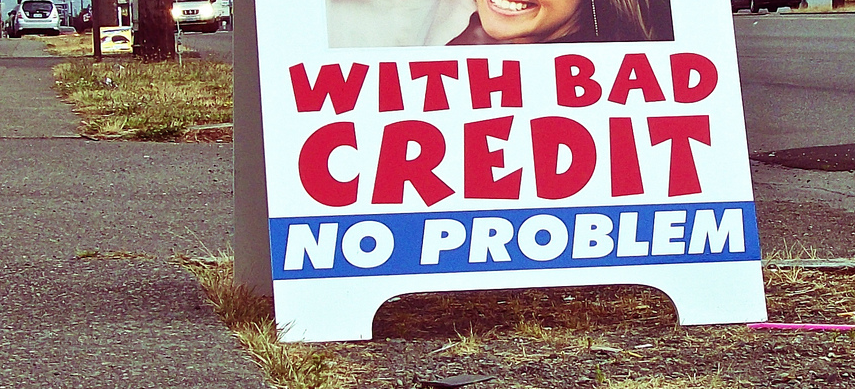
Potential FICO Credit Score Changes Could Hurt, Rather Than Help Some Consumers’ Creditworthiness
The Fair Isaac Corporation – better known to consumers as FICO – is on the verge of turning the credit score game on its head with the release of a new credit-scoring approach that would consider consumers’ monthly bills, such as those for utilities and wireless plans, when determining creditworthiness. The change is purportedly intended to help consumers on the low end of the credit spectrum, but some consumer advocates are concerned that lower-income Americans could be the ones most adversely affected. [More]

Retailers Only Have Eyes For You With Latest Online Marketing Efforts
On the one hand, it can be very convenient to get a coupon emailed to you based on your obsession with tacos. On the other, having every website you visit blast your eyes with ads for the same darn pair of lime green shoes you already bought as part of a Halloween costume and never intend to buy again. But some retailers say they’re working on tailoring such marketing efforts down to each person individually, to maximize effectiveness and cut down on irritation. [More]
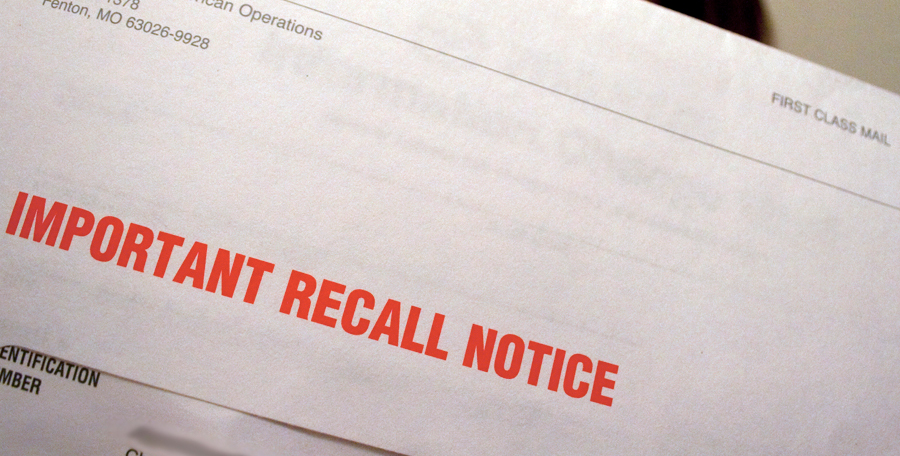
Big Data Is Here To Stay. So Can We Use It To Make Recalls Actually Work?
Sometimes products are unsafe. From bacteria-filled food to shrapnel-shooting airbags, on occasion even the most conscientious company will find itself needing to recall a product if it turns out to be harmful to consumers. But recalls are a big pain in the butt all around. One of the biggest issues? Actually letting consumers know that the stuff in their hands or on their shelves has, in fact, actually been recalled. [More]


